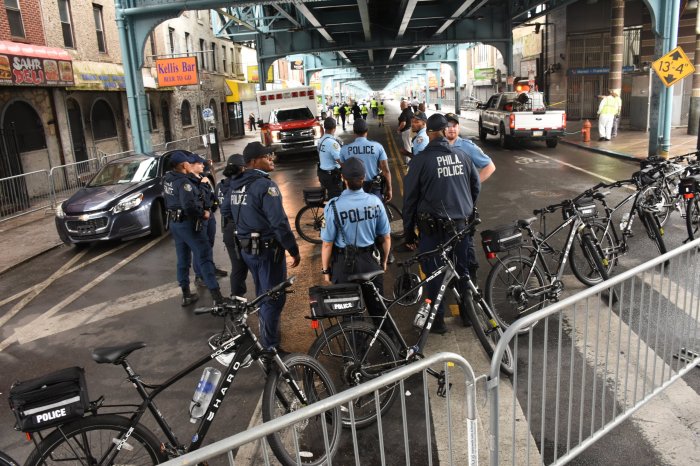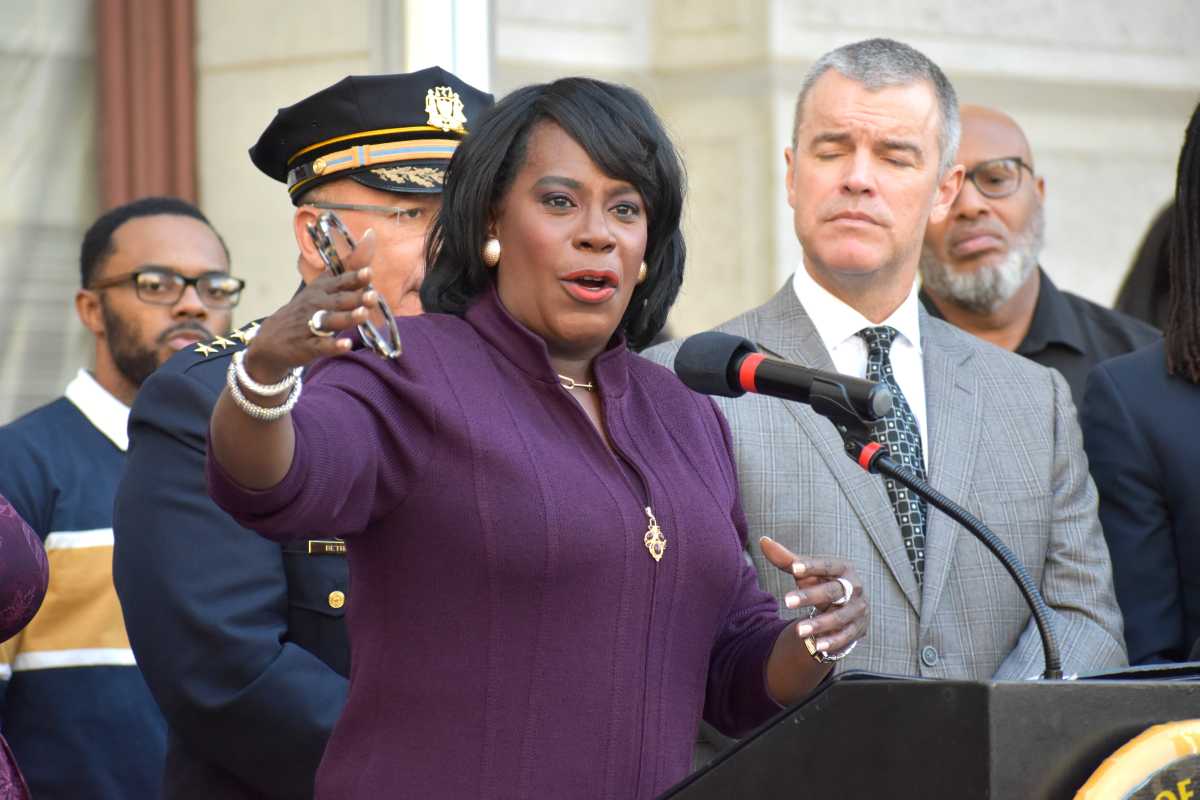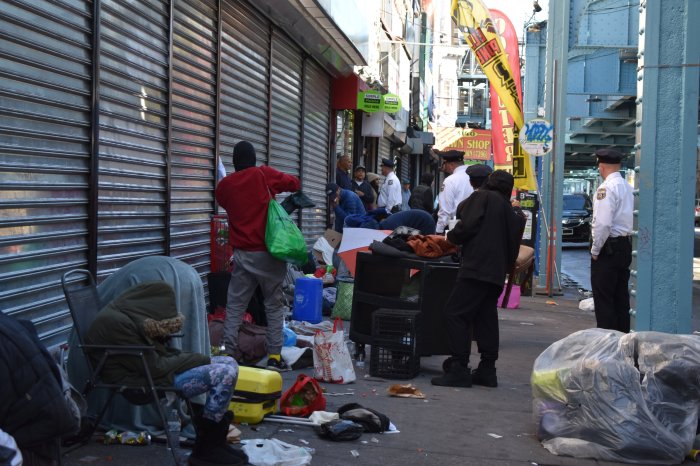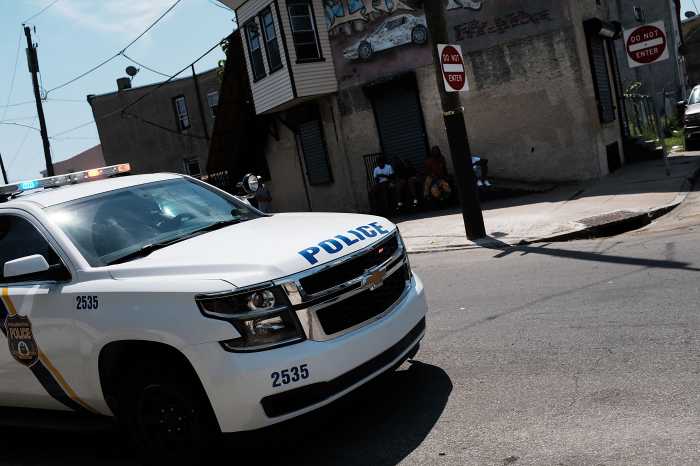A new program in Kensington is being launched, the City of Philadelphia announced on Jan. 21, the goal of which is to take a new approach to the opioid crisis in the city by treating those with drug addictions rather than directly sending them to jail.
The announcement comes as Mayor Cherelle Parker signed an executive order for the program, which is recognized as a Wellness Court.
“Since day one, my administration has been committed to addressing the challenge facing Kensington and our city at large when it comes to homelessness and substance abuse disorder,” Parker said. “The signing of today’s Executive Order, along with the opening of the Kensington Neighborhood Wellness Court, is a victory for our city and the addition of another critical resource in our city’s public safety and public health toolkit.
“The Neighborhood Wellness Court is not just an accountability measure, it is a humane and effective way to serve Kensington’s residents and its most vulnerable community members.”

The pilot program will allow people who would otherwise be arrested for misdemeanor charges associated with public drug use to be offered treatment in the form of a same-day physical and behavioral health assessment, basic medical care and withdrawal management, a judicial hearing, and diversion and intake for treatment.
The executive order also gives the police department the option to make a summary arrest instead of a misdemeanor arrest for certain drug offenses.
“I am incredibly proud of the work my office and our partners have done to stand up the Kensington Wellness Support Center and the Neighborhood Wellness Court,” said Adam Geer, Chief Public Safety Director of Philadelphia, in a statement. “I look forward to the work we will accomplish here and the partnerships we will expand upon here in Kensington.”
Under the process established by the NWC, individuals arrested in accordance with this Executive Order will be promptly transported to the Office of Public Safety’s Kensington Wellness Support Center (KWSC). Upon arrival, they will first be seen by a nurse who will determine whether they need to be sent to a hospital or if withdrawal management can be handled at the Wellness Support Center.
Individuals will receive food and comfort medication, and an on-site behavioral health professional will assess them and offer treatment intake if they are eligible. Each individual will have access to a city-funded criminal defense attorney, experienced in working with individuals arrested for substance abuse-related offenses and those struggling with substance use disorder. While awaiting court, eligible participants will be held without restraints in a secure area of the KWSC.




























